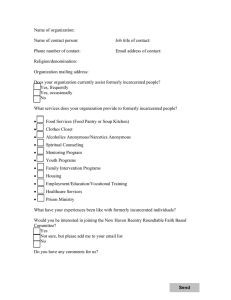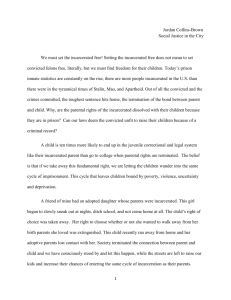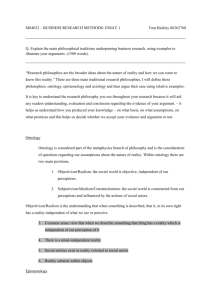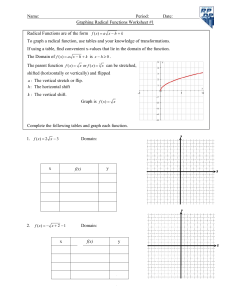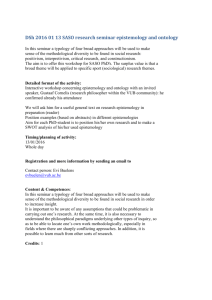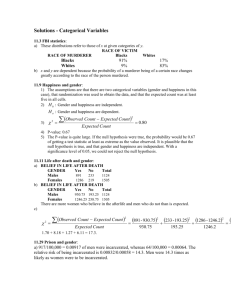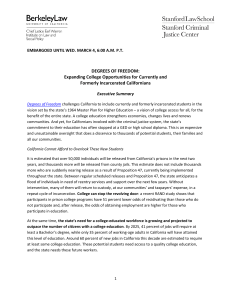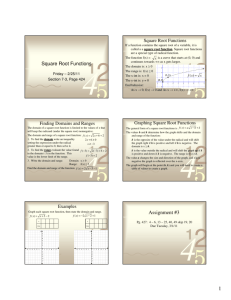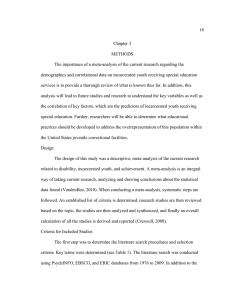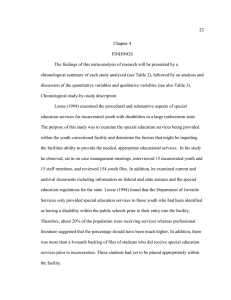Research process and types
advertisement
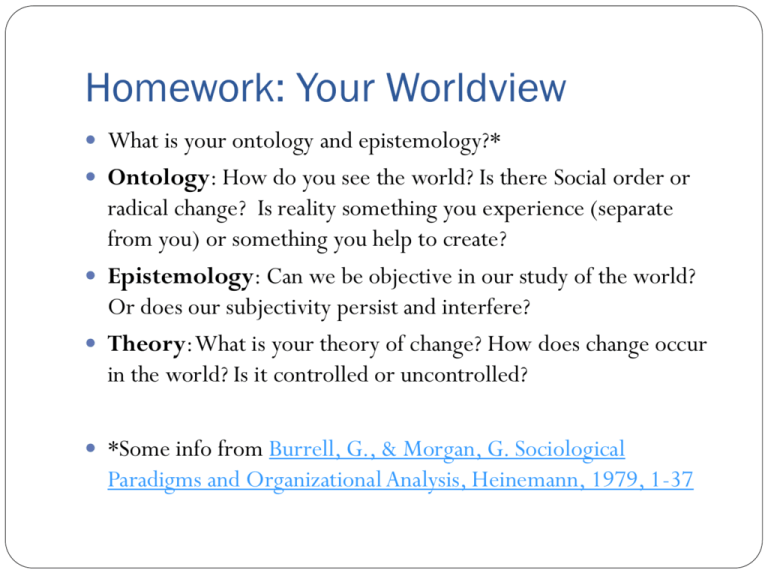
Homework: Your Worldview What is your ontology and epistemology?* Ontology: How do you see the world? Is there Social order or radical change? Is reality something you experience (separate from you) or something you help to create? Epistemology: Can we be objective in our study of the world? Or does our subjectivity persist and interfere? Theory: What is your theory of change? How does change occur in the world? Is it controlled or uncontrolled? *Some info from Burrell, G., & Morgan, G. Sociological Paradigms and Organizational Analysis, Heinemann, 1979, 1-37 Homework Revisited Ontology: Social Order vs. Radical/constant change Epistemology: Objective vs. Subjective Functionalism: Social Order + Objectivity Interpretivism: Social Order + Subjectivity Radical Structuralism: Constant change + Objectivity Radical Humanism: Constant change + Subjectivity The Research Process & Types of Research Fall 2015 Research Methods Class 3 The Research Process Observation (exploration+question) 2. Rationalization (design+method) 3. Validation (data + analysis) 1. Observation: Exploration Experience Curiousity, life experiences, interests, choosing a topic Literature Review Find articles about topics of interest – focus on specific aspect “What has already been written on my topic?” Research Question Begin to formulate a research question “What do I want to know?” Rationalization: Research Design Define concepts/variables: operationalization What concepts are part of my topic? How do I define these concepts so they can be measured? Research Question Refine question with operational definitions Choose a method + sample How do you collect data? Who are you asking? Methods: Surveys, interviews, focus groups, ethnography, case study, participatory action research, secondary data analysis, (experiments) Research Proposal* Now you know what you want to do, write it up, get approved ($) Validation: Data & Analysis Collect data Quantitative or Qualitative? Mixed Methods? Data Analysis Depends on types of data collected Research Report* Conclusion and findings The Research Process Observation (exploration+question) 2. Rationalization (design+method) 3. Validation (data + analysis) 1. Research Type Types of Research Descriptive Making careful observations and detailed documentation of a phenomenon What, Where, When What amount of formerly incarcerated individuals have trouble finding a job? Exploratory Conducted in new areas of inquiry to scope out the magnitude or extent of a particular problem or to generate some initial ideas Do formerly incarcerated individuals face barriers to employment? Explanatory Most academic research is explanatory – tries to ‘connect the dots’ Why do formerly incarcerated individuals have trouble finding a job? How are formerly incarcerated individuals treated by employers? Evaluative Does Program X helped formerly incarcerated individuals find and keep a job? Discuss 1. 2. 3. 4. 5. 6. 7. 8. Criminal justice system: Sentencing, plea bargaining Prison: Reform, Recidivism, Mass incarceration, overcrowding Economic inequality NYPD/Law Enforcement: Hiring process, Racial bias Drugs: Abuse, Legalization, Decriminalization Immigration/Human trafficking Gentrification Social/Political Movements 1. Criminal justice system Prison 2. Economic inequality 3. NYPD/Law Enforcement 1. Drugs 2. Immigration/Human trafficking 3. Gentrification 4. Social/Political Movements 1. Reading… Chapter 2: Thinking Like a Researcher (p. 9-15) In Social Science Research- Principles Methods and Practices Sections 2.1-2.2: Basic Concepts & Generating Good Research Questions (p. 23-38) In Research Methods in Psychology Pay attention to: Unit of Analysis Concept Variable Independent vs. dependent variable Operational definition Correlation vs. Causation Dialectics of Social Research • There are many ways and methods to conduct social research • Idiographic and Nomothetic Explanation • How do we explain a situation, group of people? • Inductive and Deductive Theory • What is your reasoning method? • Quantitative and Qualitative Data • What type of data are you collecting? • Pure and Applied Research • What is the type and purpose of the research you are conducting?
